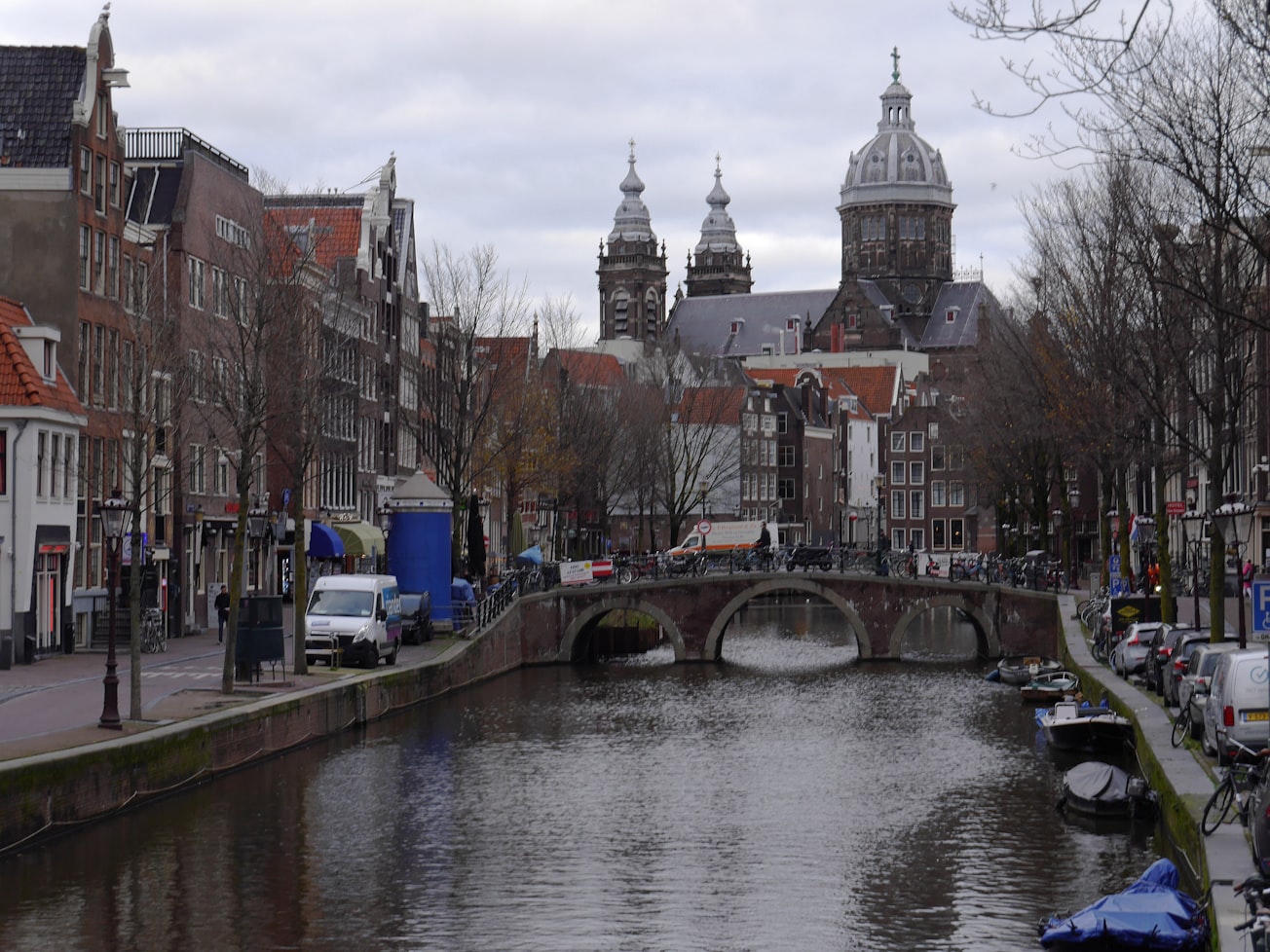What is it about?
Minister of the Word, shepherd and teacher—the titles of Dutch pastors exude authority and prestige. In the course of the nineteenth century, however, their social position was slowly undermined by the separation of church and state, the emancipation of Catholics and dissenters, and the rise of all sorts of secular “shepherds” and “teachers.” This work of historical sociology analyzes the development of the profession of pastor in the Netherlands Reformed Church, focusing on pastors’ changing relationships with the state, the universities, other professions, and their own congregants. It paints a surprising, lively, and often humorous picture of nineteenth-century ecclesiastical and religious life, and of the many areas of Dutch society and culture where pastors made their mark—in particular, the literary world. This work of historical sociology analyzes the development of the profession of pastor in the nineteenth century. It paints a lively picture of the many areas of Dutch society and culture where pastors made their mark.
Featured Image

Photo by Fons Heijnsbroek on Unsplash
Why is it important?
In the 19th century, in view of the "separation of Church and State", religion had to be re-invented. In the Netherlands--which are often said to be "a nation of merchants and ministers" --Protestant pastors played in important role in this transition.
Read the Original
This page is a summary of: Servants of the Kingdom, June 2010, Brill,
DOI: 10.1163/ej.9789004183926.i-482.
You can read the full text:
Contributors
The following have contributed to this page







